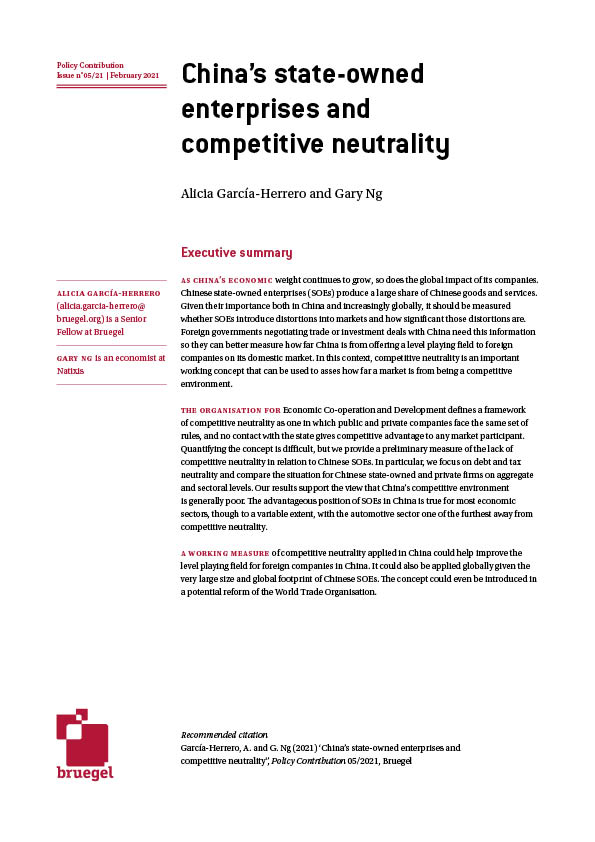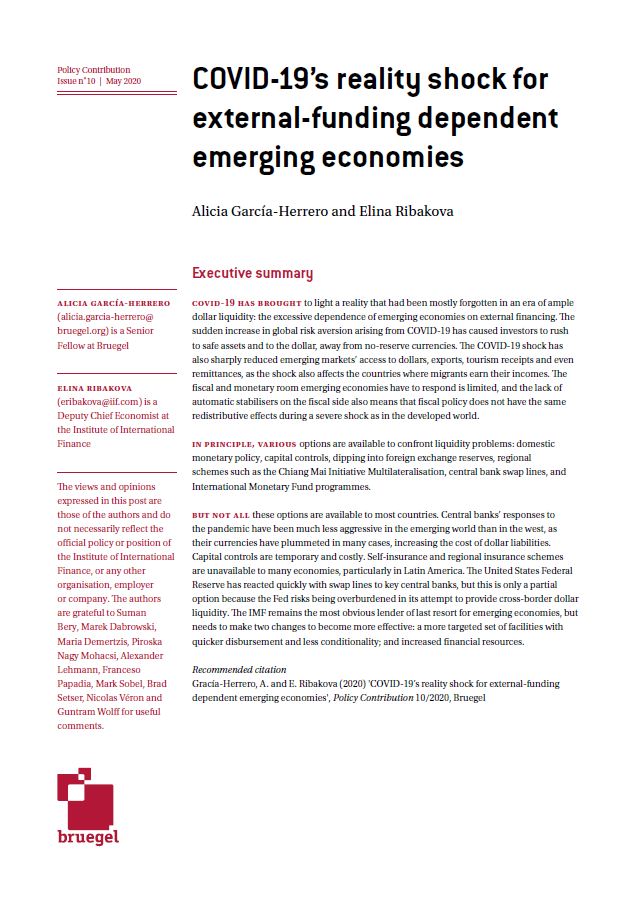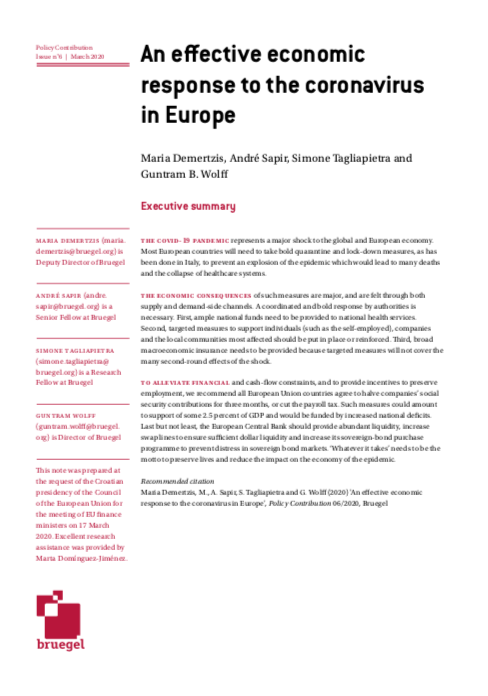Working Paper

Measuring macroeconomic uncertainty during the euro’s lifetime’
The basic idea is that observable forecasts of macroeconomic variables are transformations of the sets of macroeconomic information, which are so complex as to be unobservable, prevailing when the forecasts are made.







